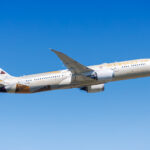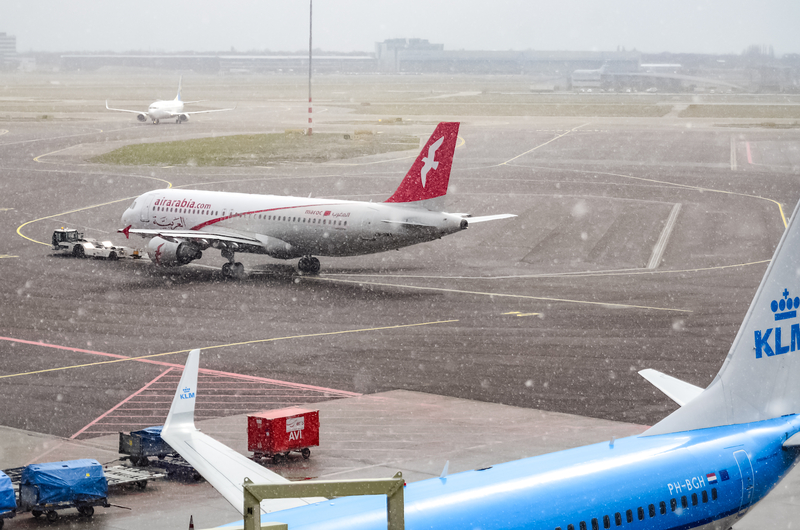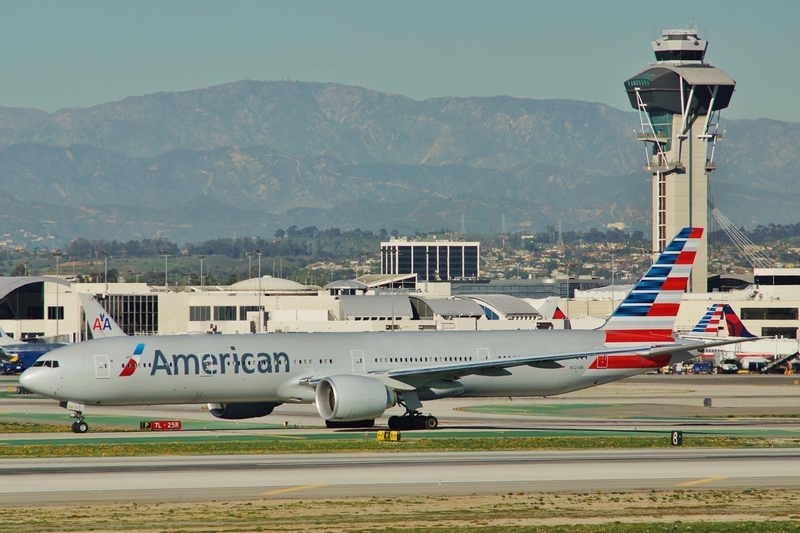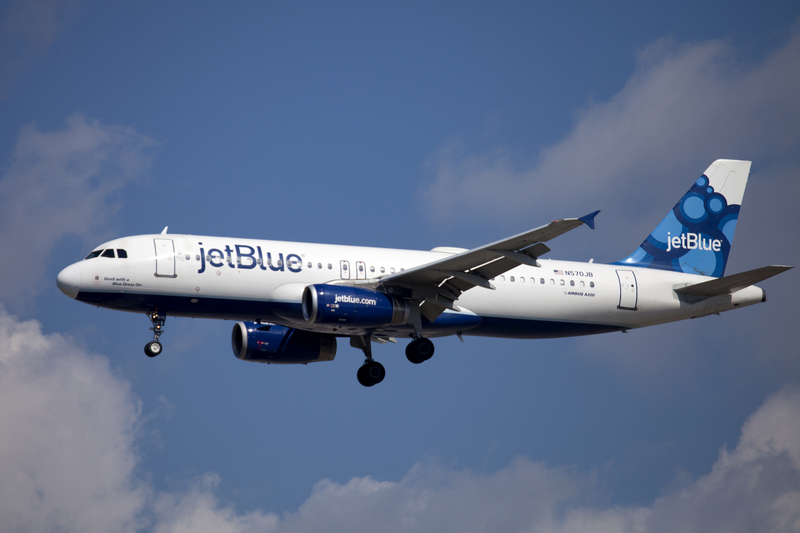Air Algérie Adjusts Fleet Strategy: Cancels Airbus A350-1000s, Orders More A330-900s
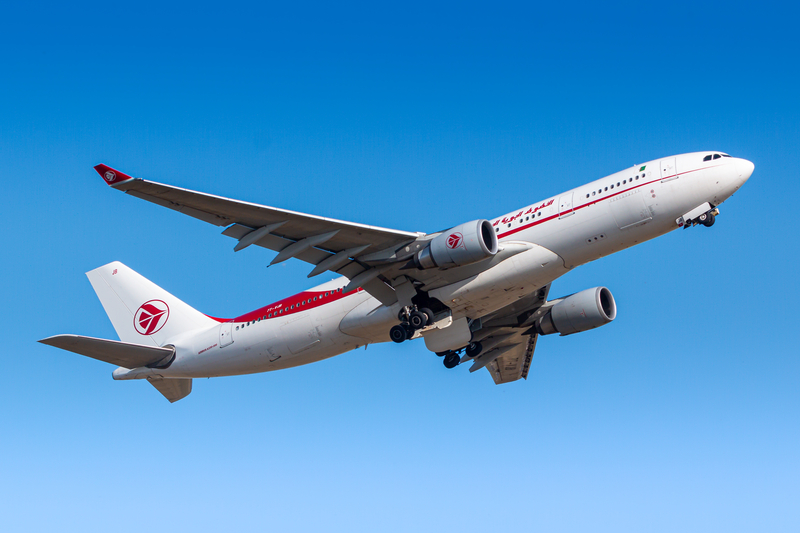
ID 168990658 | Air Algerie © Lukas Wunderlich | Dreamstime.com
Air Algérie has made a significant adjustment to its fleet expansion plans, canceling its previous order for two Airbus A350-1000 aircraft in favor of acquiring three additional Airbus A330-900s. This decision reflects the airline’s strategy to align its fleet composition with operational needs and evolving market demands.
Strategic Shift in Fleet Composition
The new order brings Air Algérie’s total number of Airbus A330-900 aircraft to eight, consolidating its position as a major operator of the A330neo in North Africa. The A330-900 offers a strong combination of range, fuel efficiency, and passenger comfort, making it a versatile choice for medium- to long-haul routes.
The canceled A350-1000 order, initially aimed at expanding the airline’s long-haul capabilities, suggests a shift toward operational efficiency over capacity. The A330-900, while smaller, shares many of the A350’s technological advancements, including composite materials and next-generation aerodynamics, but comes with lower operating costs.
Optimizing for Market Realities
Air Algérie’s decision may also reflect current market realities, including the slower-than-expected recovery of certain international travel segments and the growing importance of medium-haul flights. The A330-900 is well-suited for routes within Europe, the Middle East, and parts of Africa, aligning with the airline’s network priorities.
By expanding its A330-900 fleet, Air Algérie can also streamline maintenance and training programs, reducing costs associated with operating multiple aircraft types.
Supporting Fleet Modernization
The move comes as part of a broader fleet renewal program, which aims to modernize Air Algérie’s operations and improve its competitiveness. The A330-900s are expected to feature the latest cabin designs, including lie-flat seats in business class, enhanced in-flight entertainment systems, and improved fuel efficiency, making them an attractive option for both passengers and the airline’s bottom line.
Industry Context
Airlines around the world are recalibrating fleet plans to address shifting travel patterns and economic pressures. The cancellation of the A350-1000 order suggests that some carriers are prioritizing versatility and cost efficiency over long-range capacity. For Airbus, the A330neo program continues to gain traction, particularly among airlines looking to balance performance with affordability.
